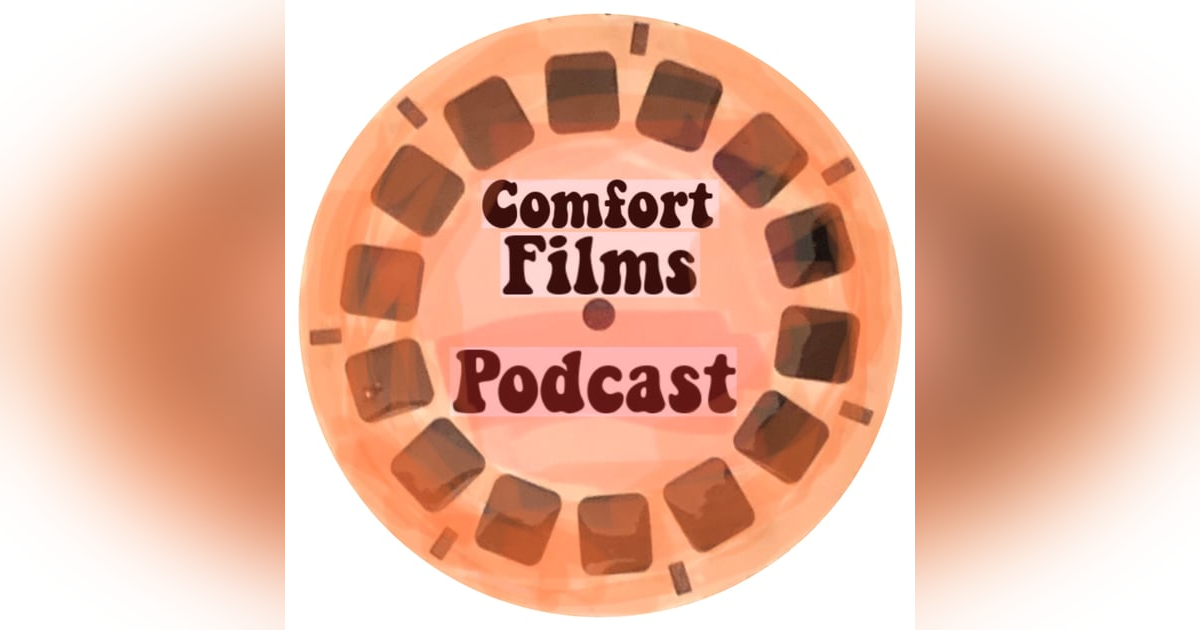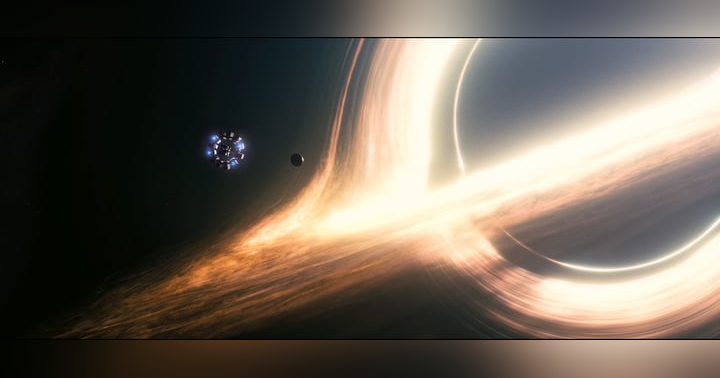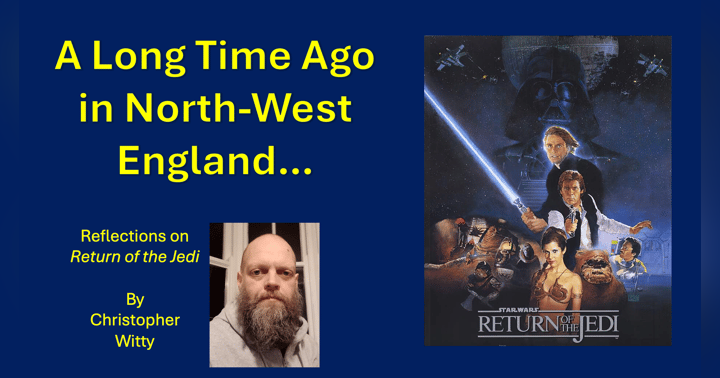Aristotle and Talladega Nights by Christina Hare

“We are what we repeatedly do. Excellence, then, is not an act, but a habit.”—Aristotle
“I wake up in the morning and I piss excellence.”—Ricky Bobby
Y’all, I love this movie. It played a huge role in Mac’s childhood, and we quote it to this day. It is a movie that has a good heart and makes me laugh like a maniac every time I revisit it. Because I spend some of my life as an academic, I can’t help but apply (some might say shoehorn!) philosophical concepts onto the art I consume. The following thoughts are humbly offered to the greater Comfort Films Nation.
"Talladega Nights: The Ballad of Ricky Bobby" primarily falls within the genre of comedy, yet it delves into universal themes and imparts valuable lessons about perseverance, love, family, and friendship. The main character, Ricky Bobby, shares a deep bond with his childhood friend, Cal Naughton, Jr. While we may giggle through our schadenfreude as Cal tamps his hard feelings down (“I’ll just bury it down inside”, he says. “It’s painful, and I love you!”), there is a transformation in their friendship over the course of the movie that offers insights into the true essence of genuine friendship.
In the opening stages of the film, Ricky Bobby and Cal embody a friendship based on mutual benefits. This type of friendship is characterized by the advantages each party gains from the relationship. This dynamic is evident in their shared school days, where their alliance seems almost coincidental. (We might lament a world in which Cal went to a magnet school for aspiring magicians and male models and they never met). Cal finds satisfaction in Ricky's success and the associated perks, including Ricky's wife Carley, who is beautiful and has “two in a million ta-tas”. The effectiveness of their racing strategy, known as the "slingshot maneuver," relies on Cal's role. Ricky Bobby exploits Cal's presence to fuel his ego and reinforce his mantra "If you’re not first, you’re last." Cal wholeheartedly cosigns all of Ricky's bullshit, even going so far as to humor Ricky's delusion that he is on fire. Even the catchphrase "Shake and Bake" emblematically signifies their connection, though it is inherently absurd and devoid of deeper meaning.
Aristotle's classification of friendships offers further insights. He outlined three categories: those based on utility, those based on pleasure, and those founded on mutual respect. Ricky and Cal initially exemplify a friendship based on utility, where their alliance serves their respective gains. This is akin to coworkers or members of a shared hobby group. Their connection is practical, functioning as a means to an end.
A second, imperfect friendship described by Aristotle is a friendship based on pleasure. Being friends with someone who makes you laugh or who heaps compliments up on you encapsulates this type of friendship. What holds the union together is the benefit derived by one or both parties. Cal is the prototypical sidekick, but he longs to be closer to Ricky. In a hilarious scene tinged with poignancy, Ricky Bobby prepares to race for the first time. Cal is beside himself with excitement, practically pushing himself through the netting into the car and shouting, “You’re my best friend! You’re my best friend! I’m in there with you!” Ricky Bobby peels out onto the track. When Cal says “We go together like Chinese food and chocolate pudding”, Ricky Bobby is not convinced. “But, Cal. Those are two things don’t really go together, though”, he says. They are not on the same level and for most of the film, this arrangement is acceptable to both parties.
As the movie progresses, the evolution of Ricky and Cal's relationship embodies Aristotle's highest form of friendship—one characterized by mutual respect and devoid of self-serving motives. Ricky acknowledges Cal's worth and affirms his pride in him, symbolizing a shift from codependence to individuality. Ricky's declaration of "It’s the Magic Man and El Diablo" signifies their newfound freedom to express their distinct identities without being entwined. The culmination of their growth is evident in the sincere admiration they display for each other during the film's conclusion. Their bond exemplifies Aristotle's ideal, where mutual respect and genuine appreciation form the foundation of a profound friendship at the conclusion of “the best movie ever made”.
Christina Hare
August 16, 2023






